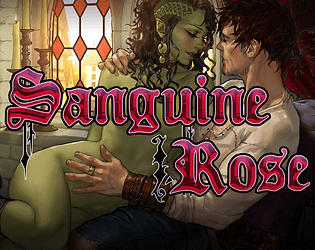
The "AAA" label, once a hallmark of high-budget, high-quality gaming, is increasingly seen as irrelevant by game developers. Originally signifying massive budgets, exceptional quality, and low failure rates, it's now associated with profit-driven competition that often sacrifices innovation and quality.
Revolution Studios co-founder, Charles Cecil, aptly describes the term as "silly and meaningless," a relic of a time when industry shifts prioritized profit over excellence. The influx of massive publisher investments, while seemingly beneficial, has arguably had a detrimental effect.
Ubisoft's Skull and Bones, touted as a "AAAA" game, serves as a cautionary tale. A decade of development culminated in a disappointing release, highlighting the emptiness of such labels. Similar criticisms are leveled at major publishers like EA, accused of prioritizing mass production over audience engagement.
In contrast, indie studios frequently produce games that resonate more deeply than their "AAA" counterparts. Titles like Baldur's Gate 3 and Stardew Valley prove that creativity and quality far outweigh budget size.
The prevailing belief is that profit-driven development stifles creativity. Risk aversion among developers leads to a stagnation of innovation within big-budget games. A fundamental shift in approach is needed to recapture player interest and inspire a new generation of game creators.















